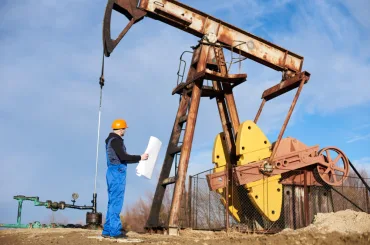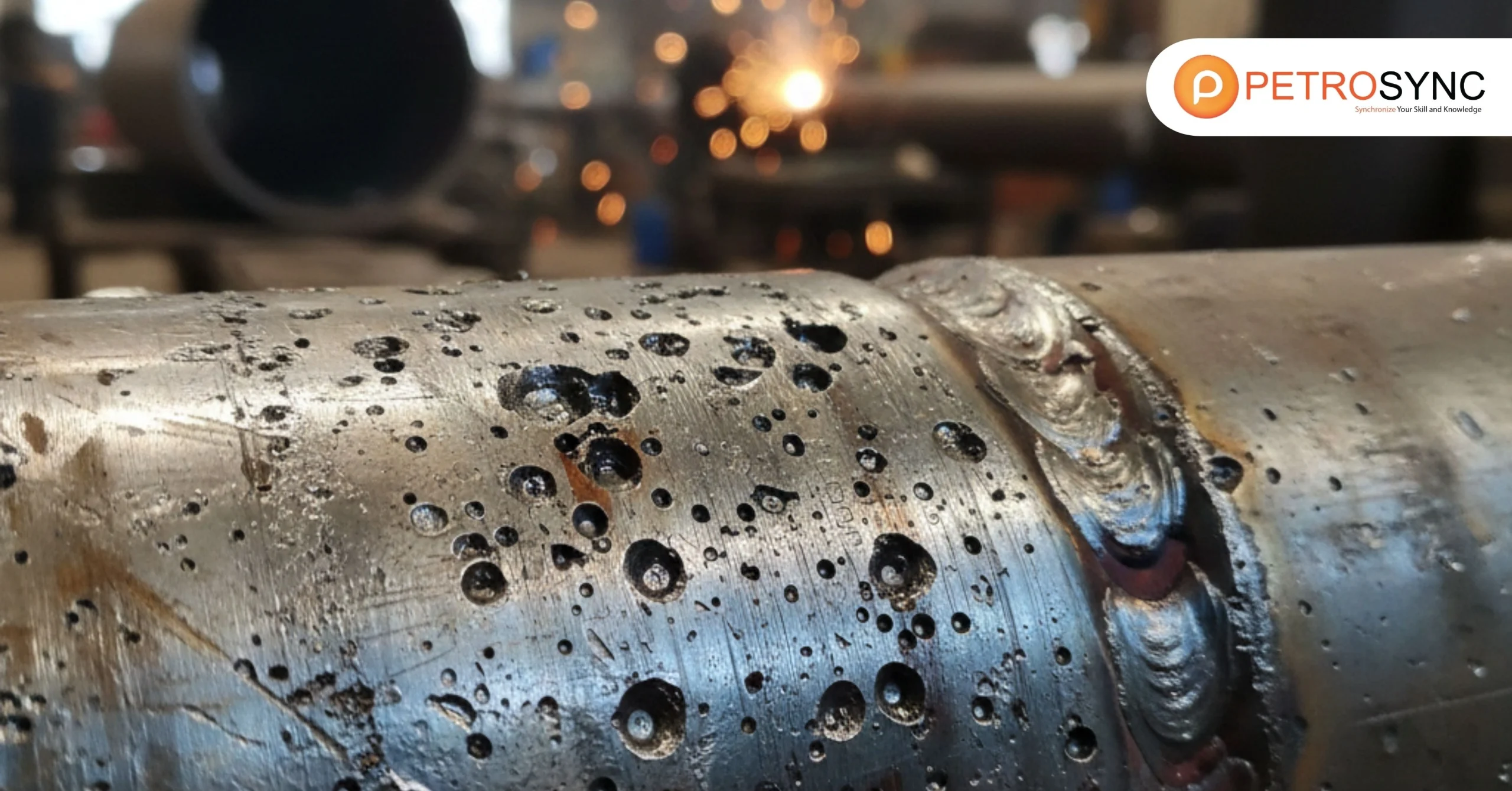Oil and gas engineering is a specialist subject that studies the discovery, extraction, and production of oil and gas resources, which are essential for powering contemporary businesses and everyday living. Engineers in this profession play a critical role in global energy security, sustainability, and economic prosperity.
The scope of oil and gas engineering goes beyond technical skills to include environmental responsibility, cost-effectiveness, and safety considerations. Professionals in this field must create a balance between rising energy consumption and the critical requirement for sustainable practices. Whether onshore or offshore, their contributions shape the energy landscape.
If you’re thinking about a career in this industry, you need first learn the fundamental ideas. Let’s look at the roles, paths, and problems that oil and gas engineers confront to assist you navigate this rewarding career.
What Does an Oil and Gas Engineer Do?

An oil and gas engineer is responsible for creating and implementing methods for efficiently extracting petroleum and natural gas from under the Earth’s surface. Their responsibilities begin with lengthy site evaluations, which use advanced technology to examine geological data and establish the optimal extraction processes.
In addition to technical work, these engineers supervise drilling operations to ensure they satisfy safety and environmental requirements. They are also in charge of dealing with potential issues, such as equipment malfunctions or unusual geological circumstances. The imaginative approach to issue solving is what distinguishes oil and gas engineers.
This field’s specializations offer a varied range of work prospects. For example :
1. Reservoir Engineers: Concentrate on improving resource recovery while maintaining reservoir health.
2. Drilling Engineers: Drilling operations should be planned and carried out with efficiency and safety in mind.
3. Production Engineers: Optimize industrial processes to increase output while reducing costs.
These jobs necessitate a combination of technical expertise, problem-solving abilities, and agility, making it a challenging yet rewarding career path.
How Do I Become an Oil and Gas Engineer?
To pursue this vocation, a solid academic foundation is required. Get a bachelor’s degree in petroleum, mechanical, or chemical engineering. Universities all over the world provide specialized programs focused on the definition of oil and gas engineering, educating students with industry-specific knowledge and skills.
Practical experience is equally vital. Internships and entry-level positions give you hands-on experience with real-world tasks like managing drilling sites and evaluating reservoir data. Furthermore, certificates such as the SPE Petroleum Engineering Certification might help you improve your credentials.
Another important step is to network with people in the industry. Attending conferences, joining organizations such as the Society of Petroleum Engineers (SPE), and staying up to date on emerging technologies may lead to interesting new prospects. Perseverance, continuous learning, and a proactive approach are required for success in this profession.
What is Oil and Gas Engineering Called?
Oil and gas engineering is sometimes known as petroleum engineering. However, its scope extends beyond petroleum to encompass other resources like natural gas. Oil and gas engineering definition includes sub-disciplines such as:
1. Offshore Engineering: Focuses on extraction techniques in underwater environments.
2. Natural Gas Engineering: Specializes in optimizing natural gas production and processing.
These words emphasize the many skills required to meet the complex challenges of energy production. Each specialization provides a variety of work opportunities, allowing individuals to align their abilities and interests.
How to Study Oil and Gas?
Mathematics, physics, and chemistry are all essential skills for oil and gas engineers. Many institutions offer complete degrees in important areas like drilling technology, reservoir management, and energy economics.
Internships and joint education programs are extremely valuable to students. Practical experience helps classroom learning by allowing students to have a better knowledge of core oil and gas engineering principles in real-world scenarios.
Advanced certifications and training programs play an important role. Institutions such as PetroSync provide specialized courses that bridge the academic and industrial divides. Enrolling in these programs enables students to get cutting-edge knowledge and stand out in the competitive job market.
Is Oil and Gas Industry Hard?
The oil and gas industry is known for its unique issues. Professionals in this field usually operate in isolated locations, in poor weather conditions, and on tight deadlines. Furthermore, volatility in oil costs, environmental concerns, and changing regulations all influence how operations are carried out.
However, these challenges are accompanied with enormous rewards. Professionals in this field benefit from high salaries, global career opportunities, and the satisfaction of contributing to a significant industry. adaptability, resilience.
While the profession can be tough, it also provides a vibrant and lucrative career path for individuals who are willing to face its challenges.
Enhance Your Skills with PetroSync – Join Our Training Now!
If you’re interested in a career in oil and gas engineering, PetroSync provides industry-leading training programs to help you advance your knowledge and abilities. Our courses cover a wide range of topics, including advanced drilling techniques and reservoir management, to help you stay competitive in this industry.
PetroSync offers a unique opportunity to learn from experienced professionals, attend hands-on workshops, and network with industry leaders from around the world. Whether you are new to the profession or have years of experience, our programs are designed to meet your requirements and help you progress.
Take advantage of your chance to shape your own future. Sign up with PetroSync today to develop your career in the oil and gas business.

Results-oriented and thorough SEO specialist with extensive experience in conducting keyword research, developing and implementing digital website promotion strategies and plans, managing campaigns to develop company websites in the digital world, excellent knowledge of marketing techniques and principles, and attentive strong attention to detail.







